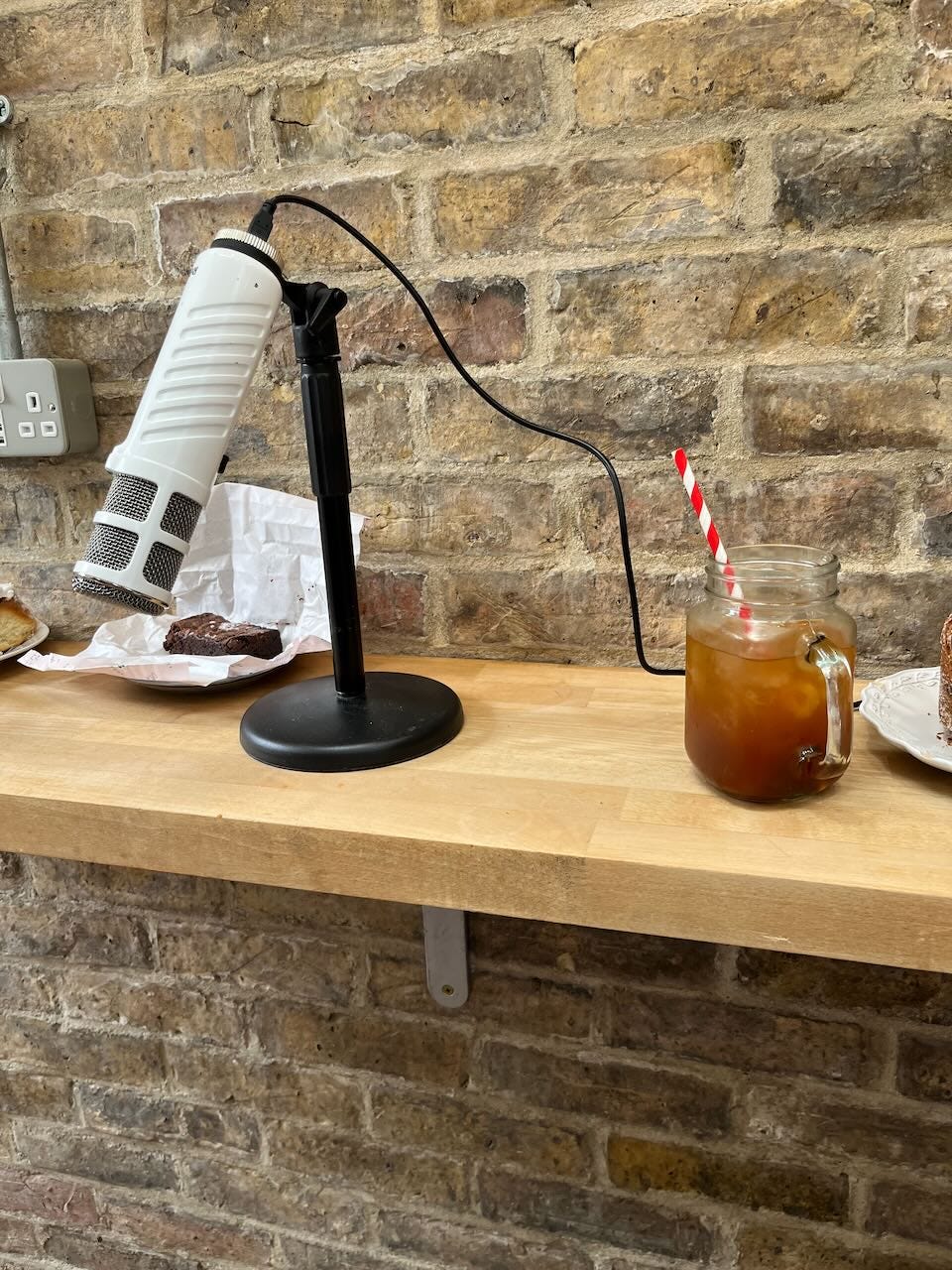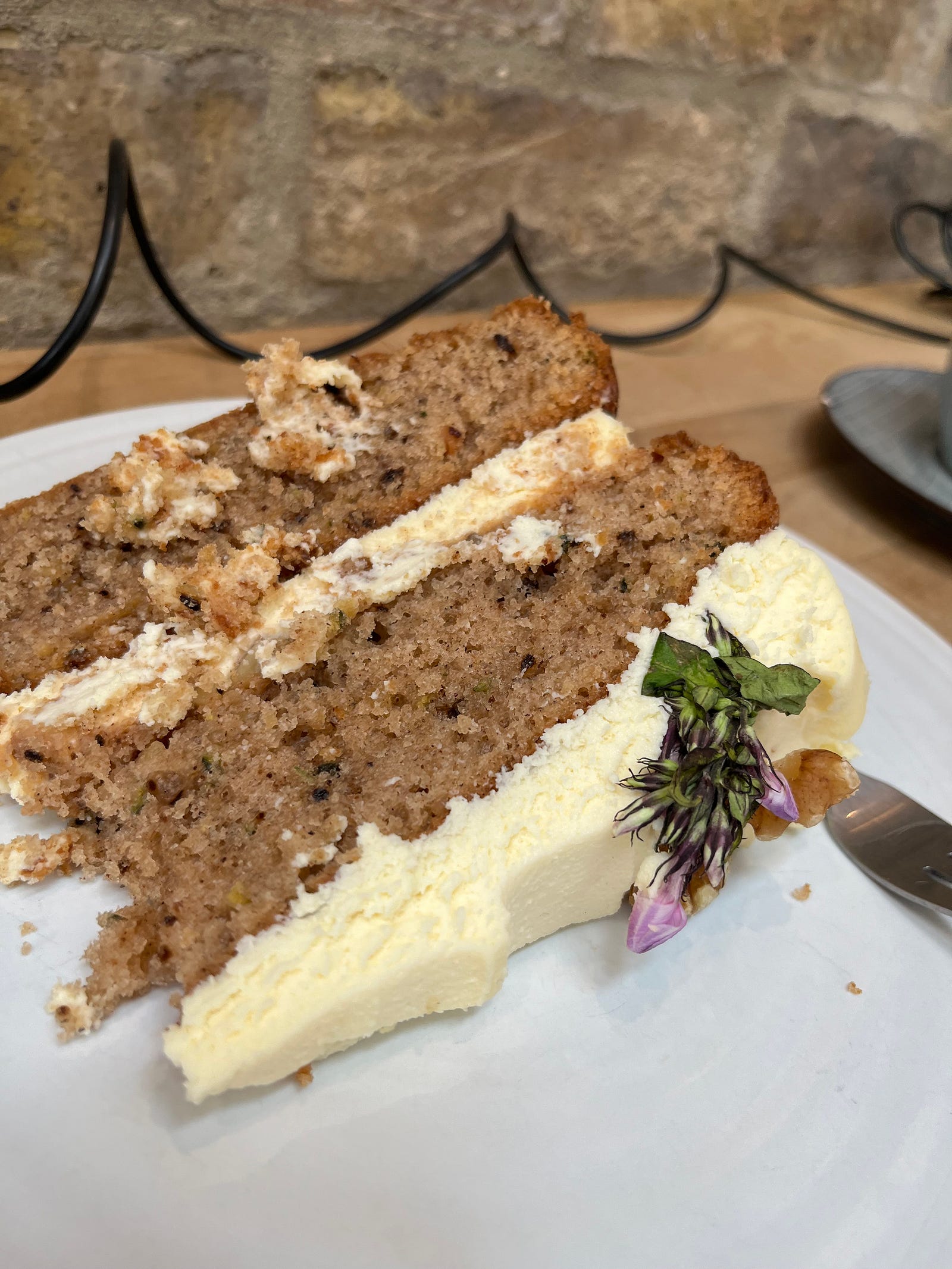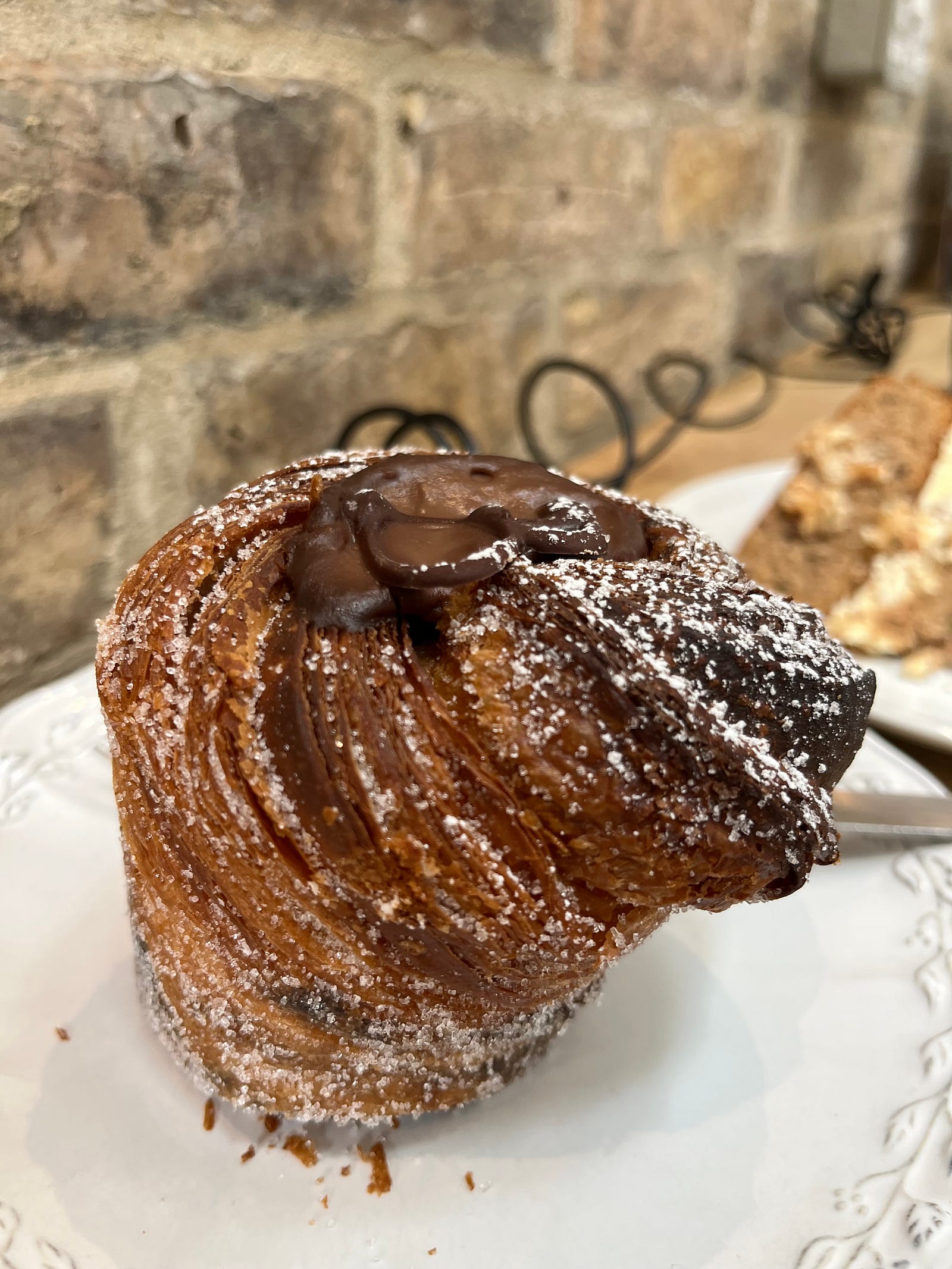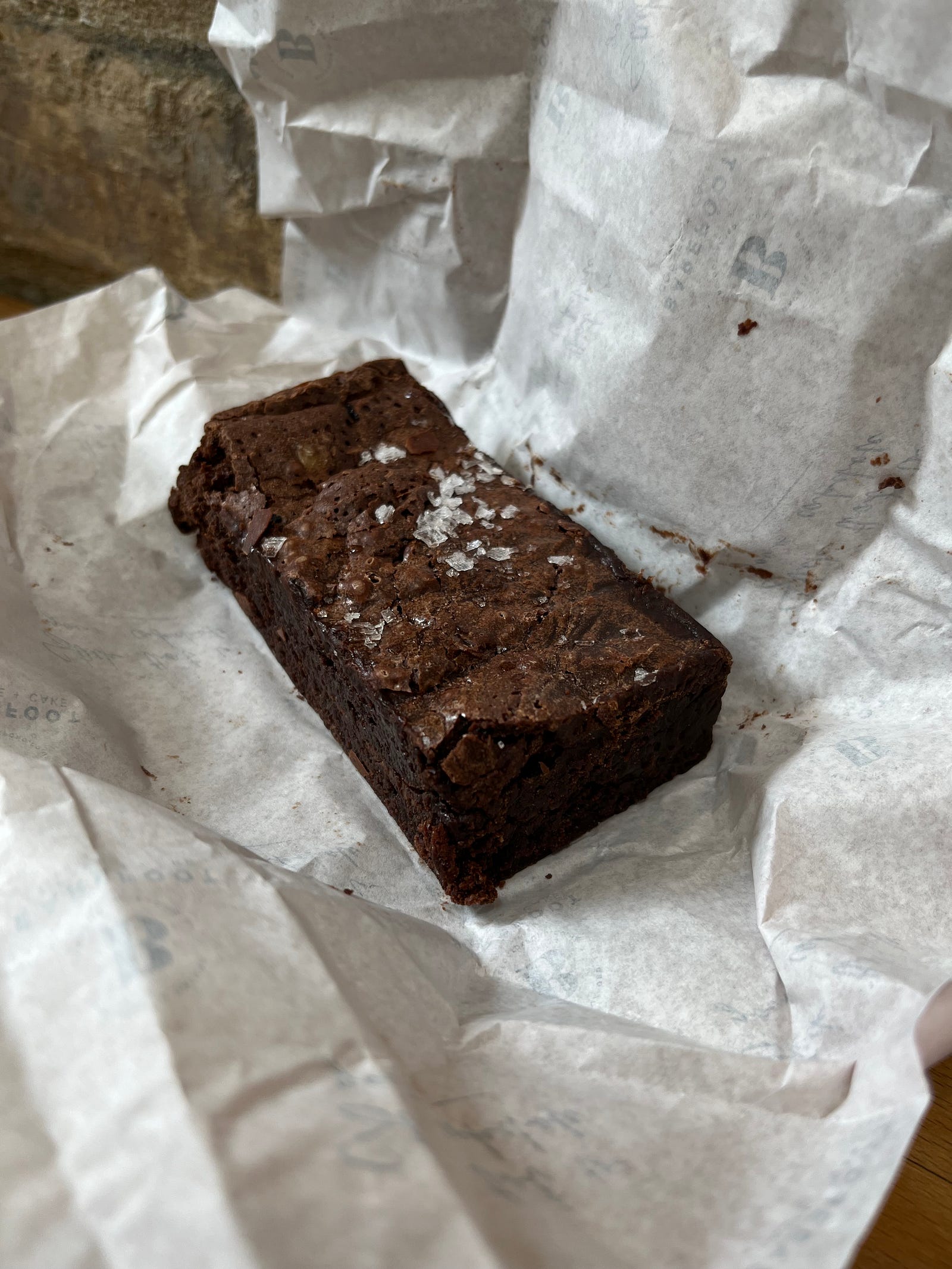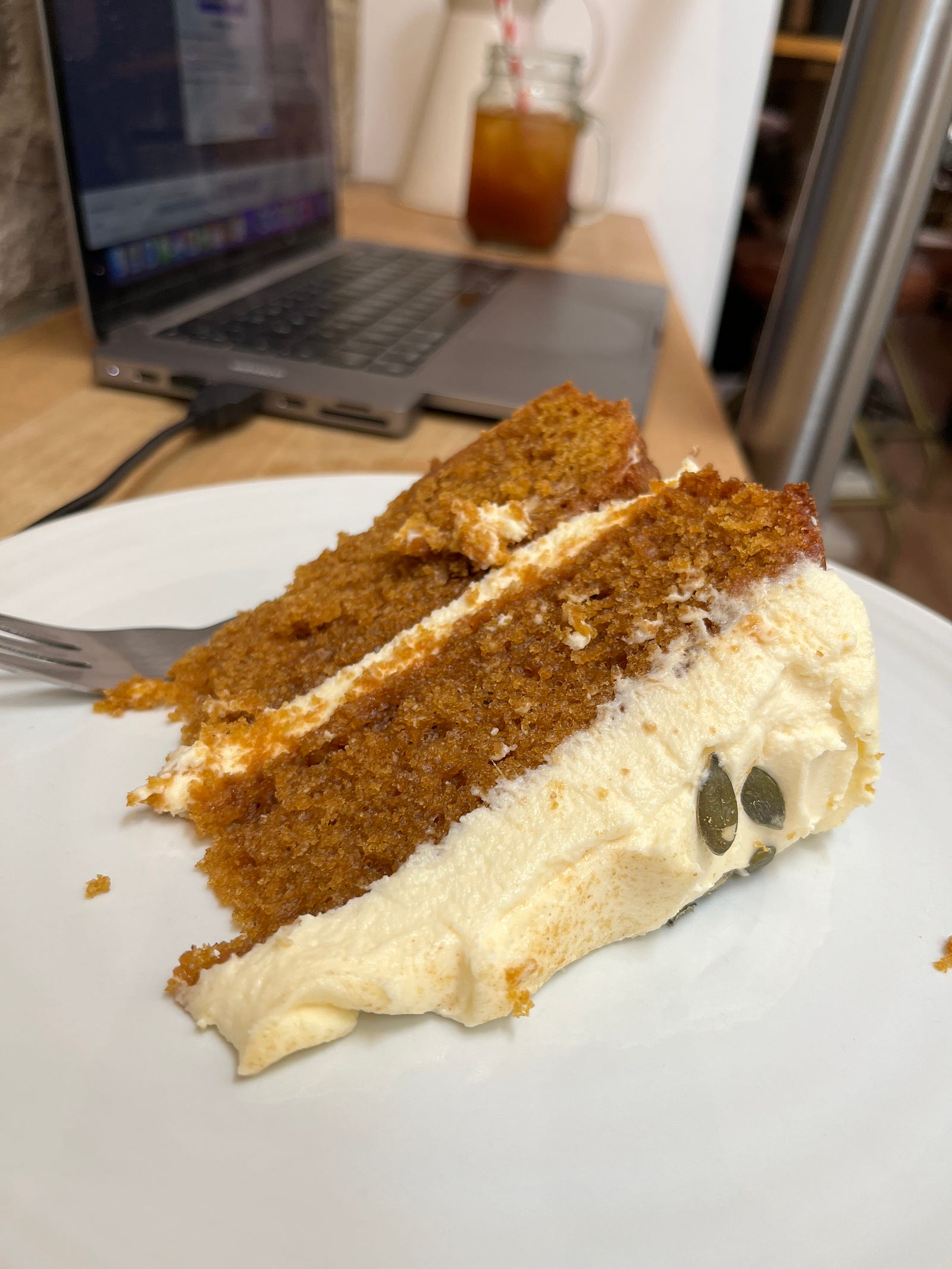Stormy Daniels is an American adult film actress, writer and director. She has become known internationally for her lawsuit against Donald Trump, whose former lawyer paid Daniels $130,000 in hush money to cover up her alleged 2006 affair with the ex-US president.
Q: What brought you to the Oxford Union and what do you hope that people, especially students, will take away from your talk today?
Stormy: So this is my second time here. I spoke here in October of 2018. And that was a very different time. Obviously, I was absolutely terrified to get up there. [It was] probably one of the scariest things I’ve ever done. Being invited the first time was so prestigious coming from the adult industry, and being a woman. It was just so huge that I just felt I didn’t even know what to talk about. Then this time being invited back a second time, how could you say no? It’s very cool to see what has happened between now and then both politically, socially, in my life and all over the world. Last time, I spent all this time really sitting down and hashing out a speech that I was terrified I wasn’t going to remember. This time, I have no idea what I’m going to say. Which is just sort of how I’ve begun to live my life.
Despite her lack of planning, Daniels’ message was clear when she addressed the chamber later that evening.
Stormy: I’m not here to change anyone’s political views or religious views or morals or opinions on the adult industry or pornography. If it’s not for you, I support it. That’s fine. Everybody should have the right to their own choices. But the hypocrisy is what kills me. E. Jean Carroll just won five million dollars in lawsuits against Donald Trump and I am thrilled for her. I have no personal knowledge of that situation. I’ve never met her, I was probably in first grade when everything happened. But the two statements that got her the award, which is how she won her case and was given five million dollars, was that he calls her a whack job, a liar and a con job. Do you realise those are verbatim the things that he called me? She got five million dollars, and he got $6000 from me. It’s because I do porn. Because I’m not to be trusted. Because I must be a liar. What I’m saying is that that’s the picture that the media and society have painted. And that’s not fair. It is not any different than being judged or prejudiced against somebody for their race, their gender, their religious beliefs, their sexual orientation. Because I went through the adult industry, I must be lying, and so I have to pay him. She had a respectable job so she must be telling the truth, he owes her five million dollars. Do you see what I’m talking about?
Q: You mentioned to the UK Times that Trump’s recent indictment has made it more dangerous for you to speak out and have your voice heard. How does this change the way you approach interviews in general? Does it fuel your desire to speak out more?
Stormy: Yeah. I think that there’s that saying, hiding in plain view, if I hide and cower away, it just sort of feeds the bullies; they think that they’re getting ahead. So it’s just gonna make it worse. If you’re out in the public eye, and people have their eyes on you, and they’re listening to you, and you’re showing that you’re not afraid, and you’re being very public, and loud, then in a way, you’re more safe. I just think that that’s also a very important message. Going back to your other question about what I want the students to take away and why I wanted to do this, it’s that I have been tormented for the last five years or so and here I am, I’m still here. It sounds really cheesy, but just don’t give up.
Q: You ran for the US Senate in 2009 and then later commented that you pulled out because you felt like your campaign wasn’t taken seriously.
Stormy: So I didn’t actually run. To actually run to be considered a candidate, you have to be a resident of the state. I never actually really wanted to win. I keep saying I don’t want anything to do with politics, but here I am. I wanted to bring attention just like I did, in this case, to the hypocrisy of the person who was running. His name is David Vitter, and he was running on this platform of family values and was very religious. He wanted to defund Planned Parenthood and care for women and sex education. But then he got caught with a prostitute wearing a diaper in a hotel room and that’s okay. You do you boo! But don’t be a hypocrite and take away funding for things that I do think are important. If you’re anti-abortion the best way to stop abortion is what? Birth control. But he wanted to take away all that. And so he irritated me so much that I kind of just wanted to be a thorn in his side. I was shocked when I polled at like 30-something per cent and it got too real. I was like, I’m out.
Q: Do you think there’s a double standard then with someone like Trump’s campaign for the presidency in 2016, and now for re-election in 2024, being taken seriously when yours wasn’t?
Stormy: So you want the exclusive that I’m going to run for president? It’s kind of like the same thing, just keep annoying them. Although this time if I win I’ve made the joke, I’m gonna paint the White House pink.
Q: You’re also a mother as well as an actress, writer and director. What kind of attitudes, towards sexuality, do you hope that your daughter will be able to grow up with in the future?
Stormy: That’s what I basically did my last few speeches about. I mean, she has a great attitude toward sex. It’s nothing to be ashamed of. The best way to stop things like abortion, STDs, and rape is to make it not shameful to discuss and to educate [others about]. If women aren’t made to feel ashamed of their bodies, and men too, if you’re not ashamed of your body and having real discussions [about your bodies and sex], then it just automatically takes all of that power away from people who want to shame you, embarrass you, keep you quiet, hold you down and take away knowledge from you. My daughter is a great example of this. She was telling me that one of the girls in her class at school had started her period and was asking all these questions and she had all this misinformation. I was like, “Why didn’t she just ask her Mom?” And my daughter said to me: “I asked her the same thing”. And her friend goes, “I can never talk to my Mom about stuff down there.” And my daughter immediately called me and said, “Thank you so much to you and to Dad”, because her Dad is super cool about it, too, “for making it okay for me to have these conversations”. And she was 11 at the time, she’s 12 now. But can you imagine? Everybody should be able to have open communication and that comes with being able to talk openly about your likes and dislikes and what feels good and what doesn’t. Not just health stuff, not just legal stuff, but “touch me here. Don’t touch me there. These are my boundaries.” I can’t tell you how many times I do stand-up comedy and I do questions at the end and they’re anonymous. And some of the questions I get I’m like, “You need to call a doctor. Why are you asking a pornstar with a bedazzled microphone about a smell coming from your downstairs? You need a doctor, not a comedian.”



